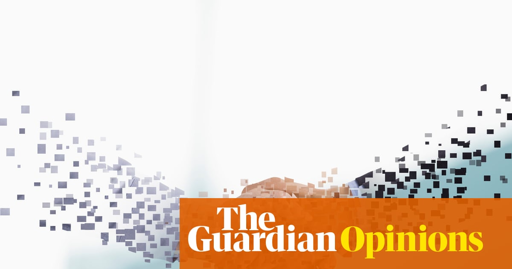Bad news, baby. The New Yorker reports the rapid advance of AI in the workplace will create a “permanent underclass” of everyone not already hitched to the AI train.
The prediction comes from OpenAI employee Leopold Aschenbrenner, who claims AI will “reach or exceed human capacity” by 2027. Once it develops capacity to innovate, AI superintelligence will supersede even a need for its own programmers … and then wipe out the jobs done by everyone else.
Nate Soares, winner of “most sunshine in book title” and co-author of AI critique If Anyone Builds It, Everyone Dies suggests “people should not be banking on work in the long term”. Math tutors, cinematographers, brand strategists and journalists are quoted by the New Yorker, freaking out.
The consolation here is that if you are among those panicking about being forced into the permanent underclass, you are already in it. Inherited wealth makes more billionaires than entrepreneurship, the opportunity gap is growing; if your family don’t have the readies to fund your tech startup, media empire or eventual presidential ambitions, it’s probably because they were in a tech-displaced underclass, too.



I suppose that it depends on the metric you’re using. There are some tasks at which humans are outperformed now.
But I am pretty comfortable saying that come January 2027, the great bulk of things that humans do will continue to not be able to be done by existing AI.
We aren’t going to just tweak an existing LLM somewhere slightly, throw a bit more hardware at it, and get general intelligence.
As education and expectations of humans decline, it may be the case that LLMs are an “improvement” over human drones in the future not because the tech is getting better.
I think that’s the scariest part. The idea that people will stop learning.
Learning is just a woke mindvirus.
Lol that could be the newest horror movie for Halloween. “Education on Elm Street”.
Makes for a good double feature with April the Fifteenth.